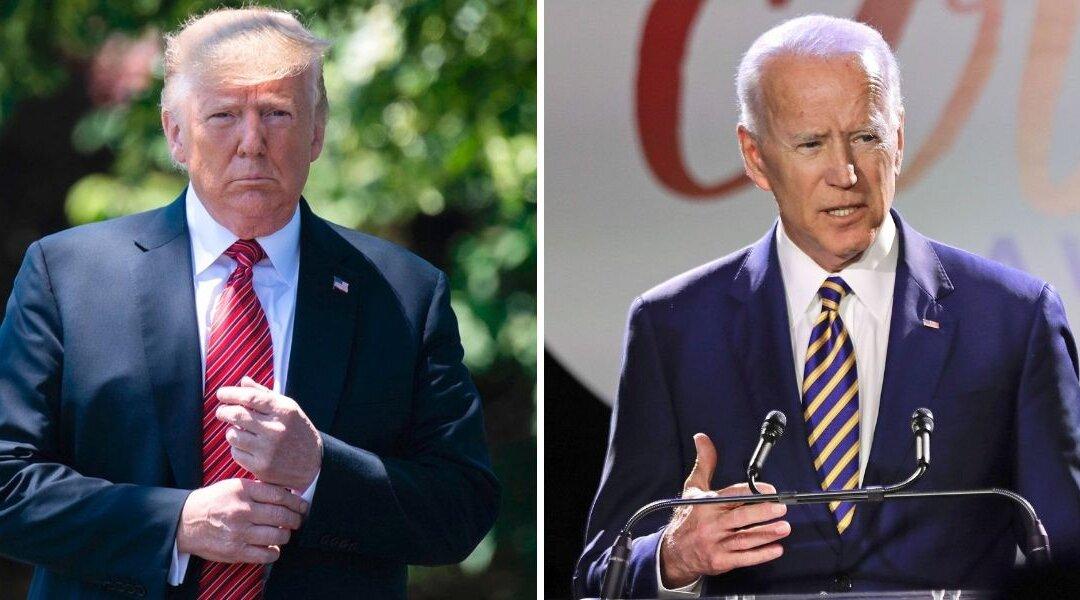News Analysis
The camps of Democrat presidential candidate Joe Biden and President Donald Trump see China—the world’s second-largest economy—through very different lenses.


The camps of Democrat presidential candidate Joe Biden and President Donald Trump see China—the world’s second-largest economy—through very different lenses.